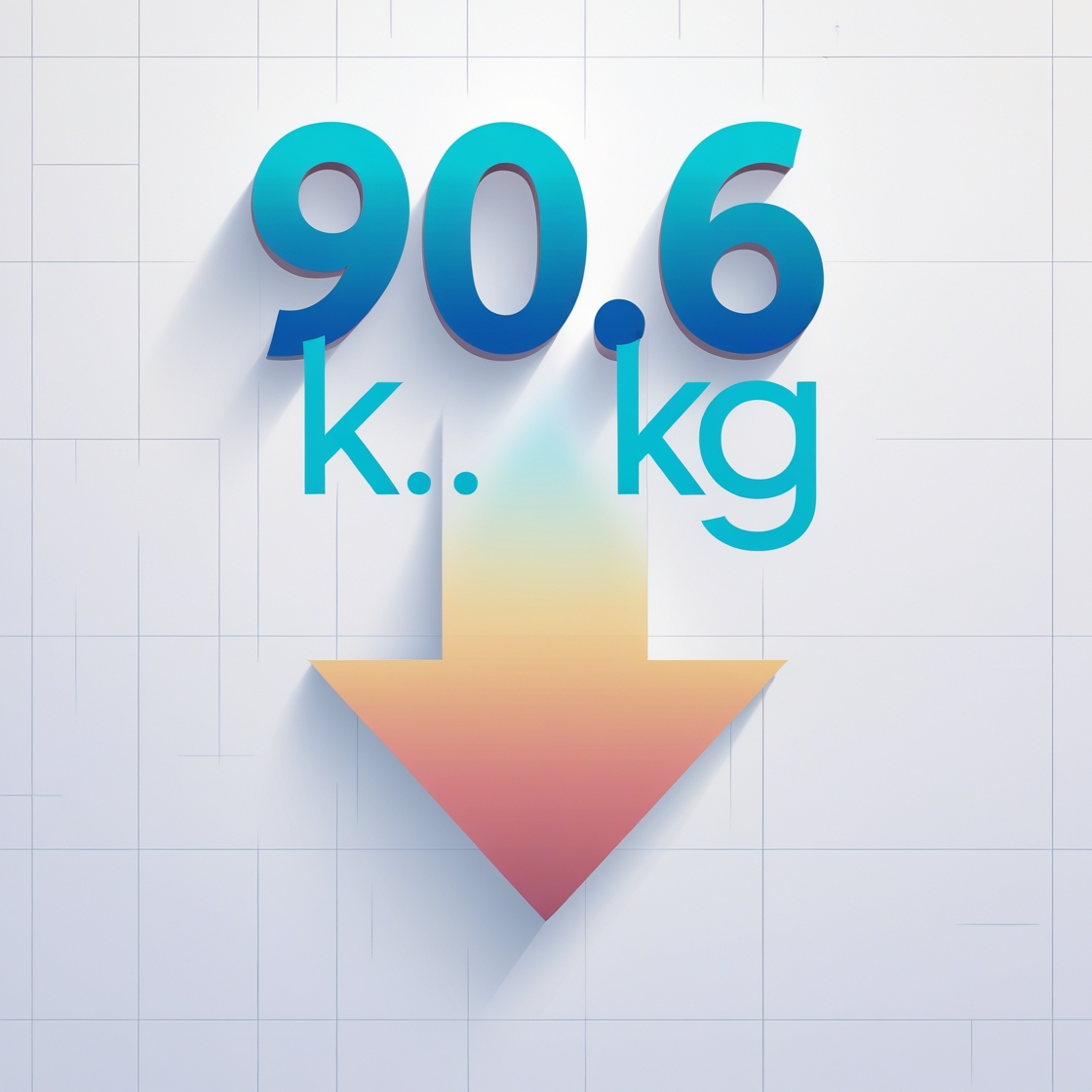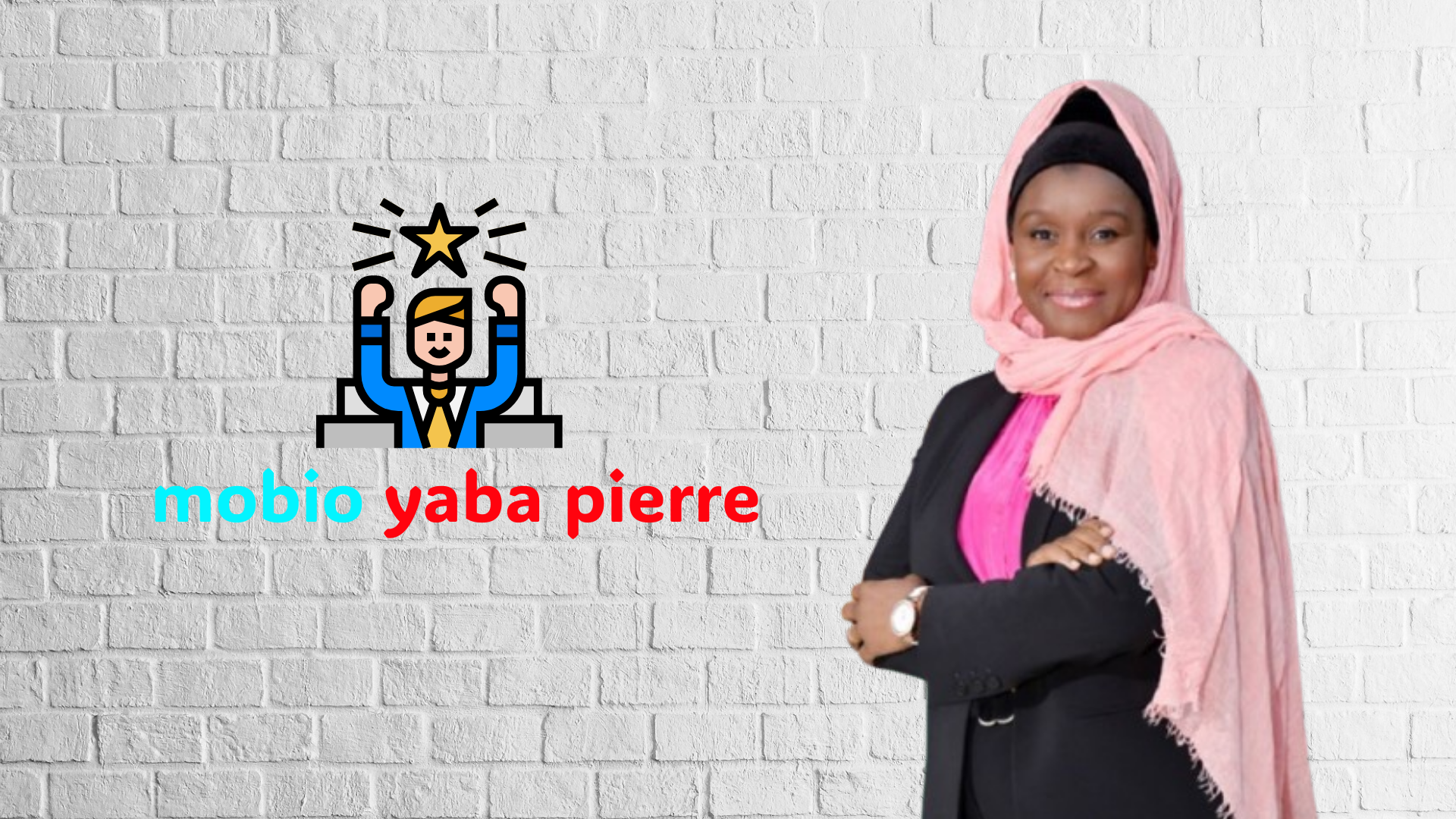
Weight is a fundamental aspect of our lives, influencing our health, fitness, and overall well-being. Different regions of the world use various units of measurement for weight, which can sometimes lead to confusion. In the United States, weight is often measured in pounds, while many countries around the world, including those in Europe, use kilograms. In the UK, stone is a common unit of weight, especially when discussing body weight. This article will explore the conversion of 90.6 kg into stone, the significance of these measurements, and the broader context of weight measurement systems.
What is a Stone?
A stone is a unit of weight that is primarily used in the UK and Ireland. One stone is equivalent to 14 pounds or approximately 6.35 kilograms. The term “stone” has historical roots, dating back to the use of stones as a standard measure for trade and commerce. Although the stone is not commonly used in scientific contexts, it remains popular in everyday conversation, particularly when discussing body weight.
Converting Kilograms to Stone
To convert kilograms to stone, you can use the following formula:
- [ \text{Weight in stone} = \frac{\text{Weight in kg}}{6.35} ]
- Using this formula, we can convert 90.6 kg into stone:
- [ \text{Weight in stone} = \frac{90.6}{6.35} \approx 14.26 ]
Thus, 90.6 kg is approximately 14.26 stone. This means that if someone weighs 90.6 kg, they would weigh about 14 stone and 3.6 pounds (since 0.26 stone is roughly 3.6 pounds).

The Importance of Weight Measurement
Understanding weight and its measurement is crucial for various reasons. Weight can impact health, fitness, and overall well-being. For instance, knowing your weight can help you track your fitness goals, manage your diet, and monitor your health. In medical settings, weight is often used to calculate dosages for medications, assess nutritional needs, and evaluate overall health.
Health and Weight
Weight is a significant factor in health assessments. Body Mass Index (BMI) is a common tool used to evaluate whether an individual has a healthy weight for their height. BMI is calculated using the following formula:
- [ \text{BMI} = \frac{\text{Weight in kg}}{(\text{Height in meters})^2} ]
For example, if someone weighs 90.6 kg and is 1.80 meters tall, their BMI would be calculated as follows:
- [ \text{BMI} = \frac{90.6}{(1.80)^2} \approx 27.9 ]
A BMI between 25 and 29.9 is considered overweight, while a BMI of 30 or above is classified as obese. Understanding your weight in relation to your height can help you make informed decisions about your health.
Fitness and Weight Management
For those looking to manage their weight, understanding how to convert between different units can be beneficial. Many fitness programs and weight loss plans use pounds or stones, so being able to convert your weight from kilograms can help you follow these plans more easily.
Additionally, knowing your weight in stone can help you set realistic fitness goals. For example, if you aim to lose weight, you might set a target of losing a certain number of pounds or stones. This can make your goals feel more tangible and achievable.
Cultural Perspectives on Weight
Weight measurement can vary significantly across cultures. In the UK, stone is a common unit, while in the US, pounds are more prevalent. In many parts of the world, kilograms are the standard. This variation can lead to confusion, especially for travelers or those living in different countries.
The UK and Stone
In the UK, the use of stone is deeply ingrained in the culture. Many people refer to their weight in stones and pounds, and it is common to hear phrases like “I weigh 11 stone” in everyday conversation. This cultural norm can make it challenging for those unfamiliar with the stone measurement to understand weight discussions in the UK.
The US and Pounds
In contrast, the United States primarily uses pounds for weight measurement. This can lead to confusion for those who are accustomed to kilograms or stones. For example, someone who weighs 150 pounds would need to convert their weight to kilograms or stones to communicate effectively with someone from the UK.

The Metric System
The metric system, which includes kilograms, is used in most countries around the world. This system is based on units of ten, making it easier to convert between different measurements. For example, 1 kilogram is equal to 1,000 grams, and 1 liter is equal to 1,000 milliliters. The simplicity of the metric system is one reason why it is widely adopted.
Practical Applications of Weight Conversion
Understanding how to convert between kilograms, stones, and pounds is essential for various practical applications. Whether you are tracking your weight for health reasons, participating in sports, or simply trying to understand your body better, knowing how to make these conversions can be incredibly useful.
Everyday Scenarios
In everyday life, you might find yourself needing to convert your weight when visiting a gym, attending a fitness class, or even when discussing weight with friends and family. For instance, if you are in a fitness class that uses stones and you know your weight in kilograms, being able to convert that weight can help you follow along with the program more effectively.
Travel Considerations
Traveling can also present challenges when it comes to weight measurement. If you are traveling from a country that uses kilograms to one that uses stones or pounds, you may need to convert your weight for luggage restrictions or health assessments. Understanding these conversions can help you avoid surprises at the airport or during your travels.
Health and Nutrition
In the realm of health and nutrition, weight plays a crucial role in determining dietary needs and fitness goals. Nutritionists often use weight measurements to create personalized meal plans. If you are working with a nutritionist who uses stones, being able to convert your weight from kilograms can facilitate better communication and understanding.
The Role of Technology in Weight Measurement
With advancements in technology, weight measurement has become more accessible and accurate. Digital scales can provide precise weight readings in various units, including kilograms, pounds, and stones. Many fitness apps also allow users to input their weight in different units, making it easier to track progress over time.
Smart Scales
Smart scales are becoming increasingly popular. These devices not only measure weight but can also provide additional information such as body fat percentage, muscle mass, and hydration levels. Many smart scales allow users to switch between measurement units, making it convenient for those who travel or live in different regions.
Fitness Apps
Fitness apps often include features for tracking weight and progress. Users can input their weight in their preferred unit, and the app will automatically convert it to other units as needed. This functionality is particularly helpful for individuals who are following specific fitness programs or weight loss plans.
Conclusion
Understanding the conversion of 90.6 kg into stone is more than just a mathematical exercise; it reflects the broader context of weight measurement and its significance in our lives. As we navigate different cultures and systems of measurement, being able to convert between kilograms, stones, and pounds can enhance our understanding of health, fitness, and nutrition.
In summary, 90.6 kg is approximately 14.26 stone, which translates to about 14 stone and 3.6 pounds. This knowledge can empower individuals to make informed decisions about their health and fitness journeys. Whether you are tracking your weight for personal reasons, participating in a fitness program, or simply trying to understand weight measurements better, knowing how to convert between these units is a valuable skill that can enhance your overall well-being.








